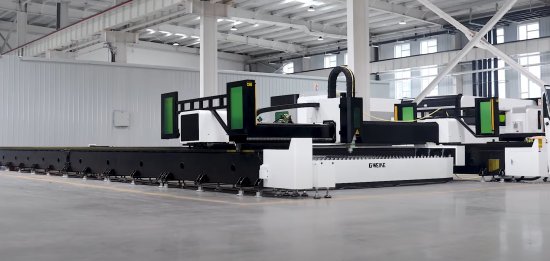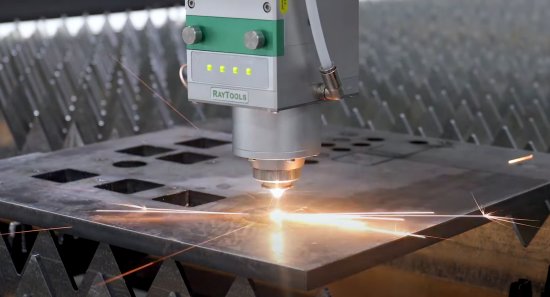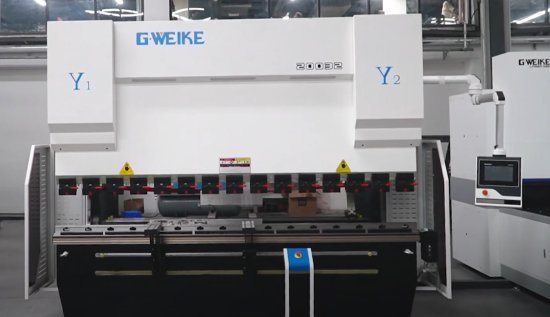Sheet metal forming machines
In our offer you will find the most used sheet metal forming machines today. We offer high-quality GWEIKE CNC cutting lasers in many design variants. You can choose from several desktop formats. We will recommend the equipment of the laser cutting machine to you based on our experience. The price of these sheet metal forming machines is now very favorable. The set also needs to include the GWEIKE press brake, which can have different dimensions, pressure forces, control systems and the number of controlled axes
I am interested in sheet metal forming machines



Other sheet metal forming machines are sheet shears used for cutting sheet metal, where the division is perpendicular. There are also profile scissors or various rounders.
What are sheet metal forming machines?
A sheet metal forming machine is a piece of equipment used in industry to form and shape metal sheets. These machines are designed to enable the production of various metal parts and components such as sheet metal, pipes, containers, sheet metal covers and other thin metal products.
Sheet metal forming machines typically work by placing a sheet of metal into the machine and then applying force, usually in the form of pressure or bending, to form the sheet into the desired shape. There are several different types of sheet metal forming machines, involving different processing techniques and methods, for example:
- Cutting: Using the thermal division of metals on a CNC plasma or cutting laser, shaped blanks can be created from sheet metal.
- Pressing: Sheets can be pressed to create smooth surfaces, edges or corners.
- Drawing: This technique involves pulling sheet metal over a mold to create deep cavities or tubes.
- Cutting: Sheet metal can be cut to a specific shape or size.
- Bending: Sheet metal can be bent to a certain angle or shape using a bending machine or a CNC press brake.
- Rotational forming: This technique is used to create cylindrical or conical shapes.
Sheet metal forming machines are an important part of many industries, including automotive, construction, electronics and appliance manufacturing. Thanks to them, metal components of various shapes and sizes can be produced efficiently and precisely, which has a wide range of applications in various fields.